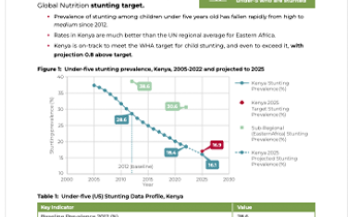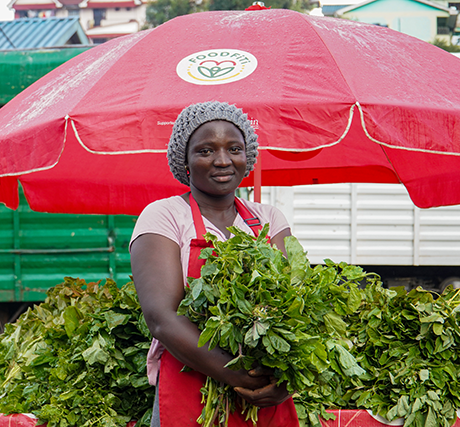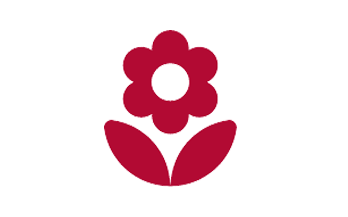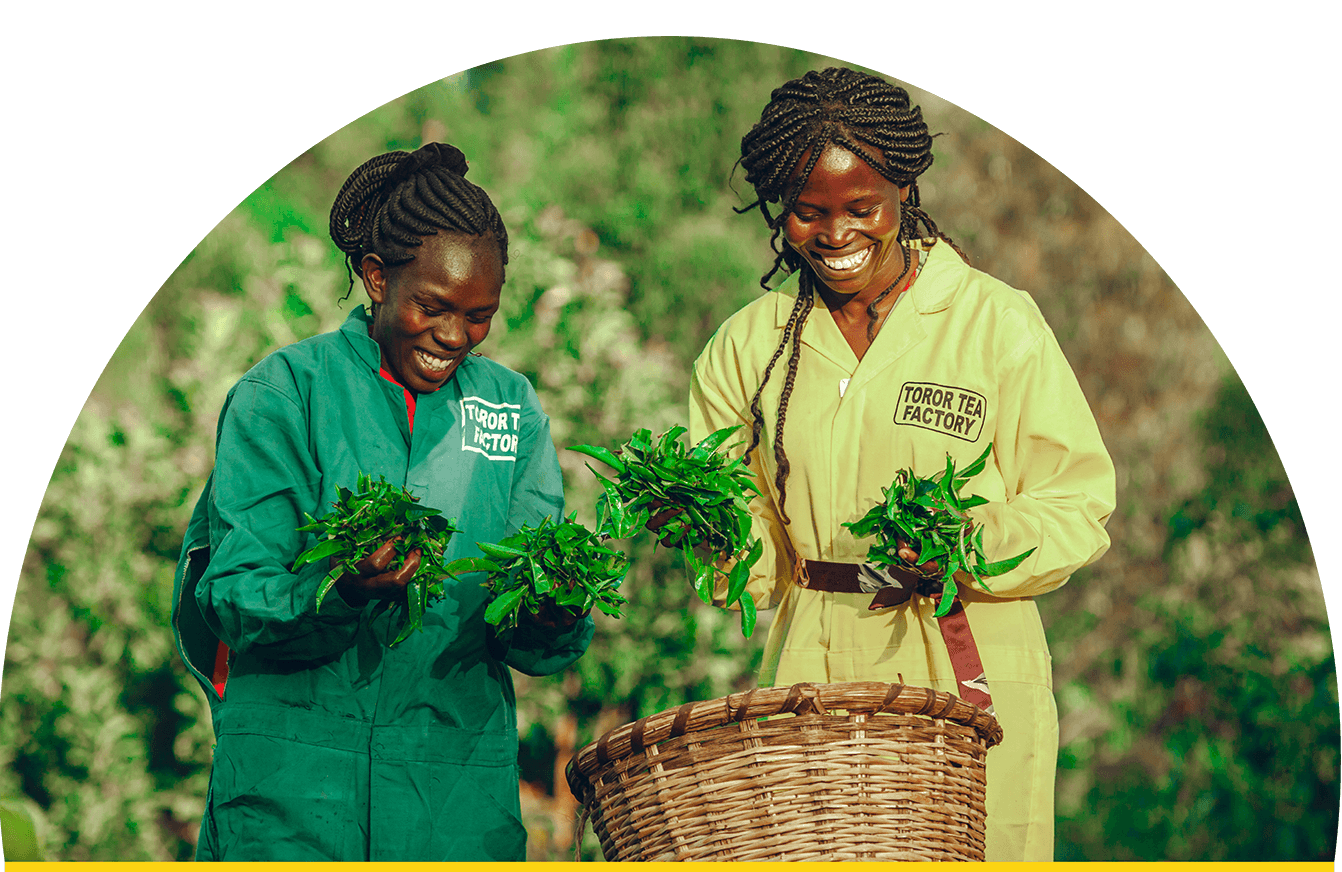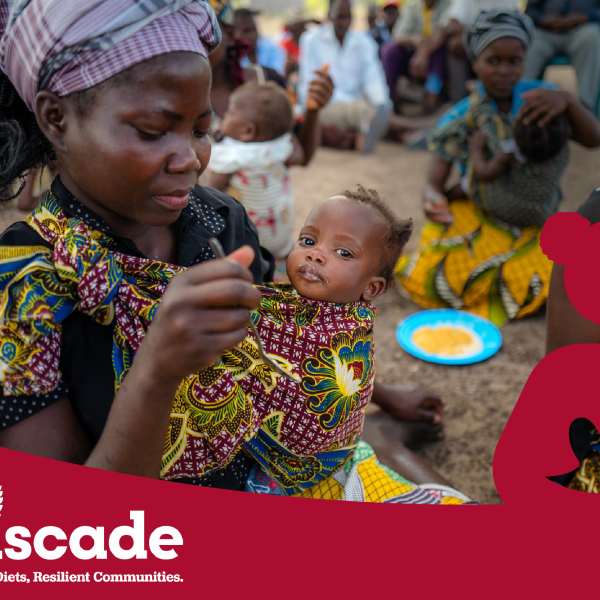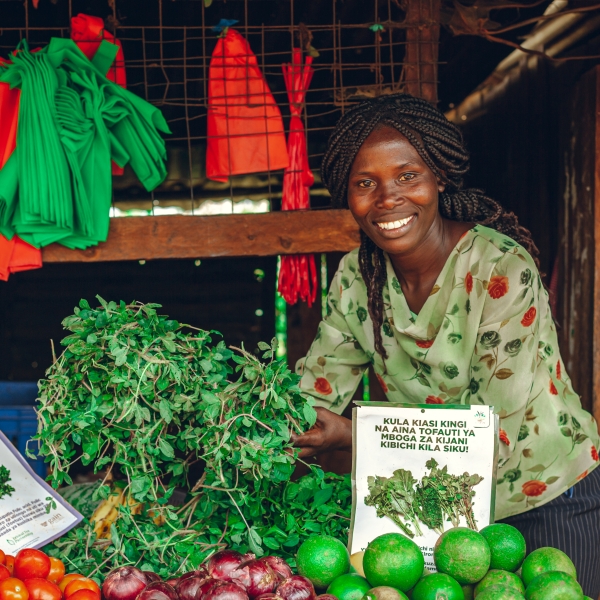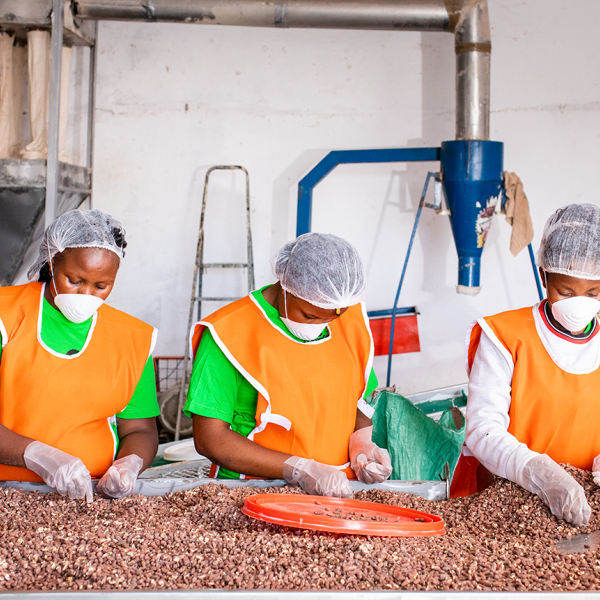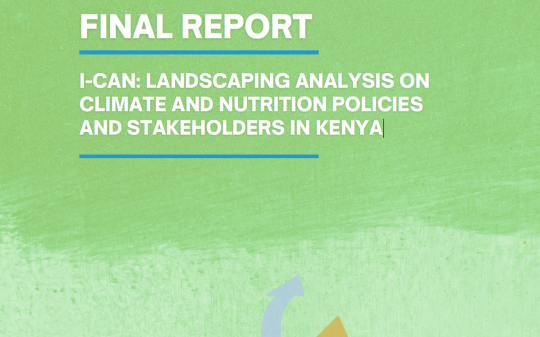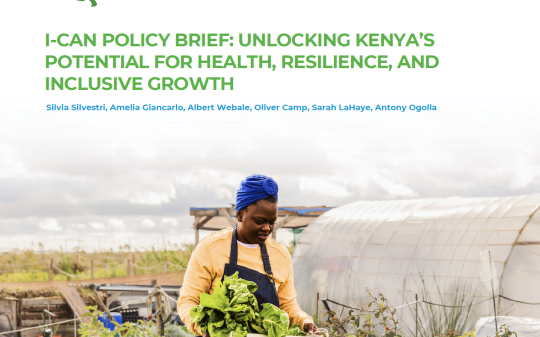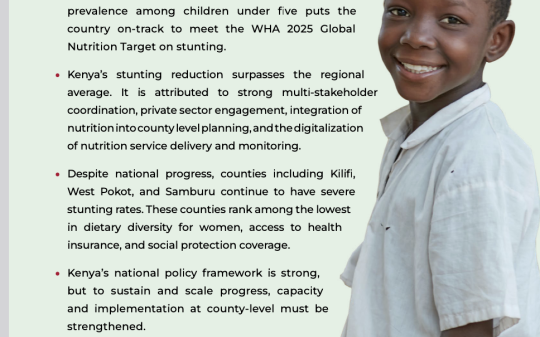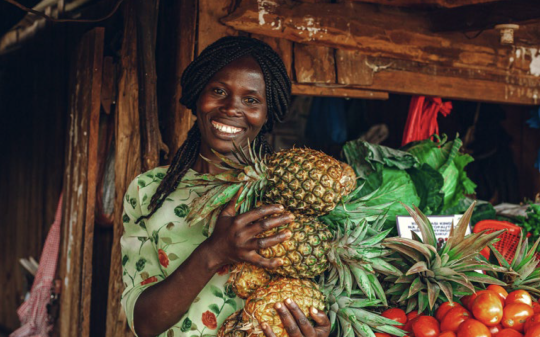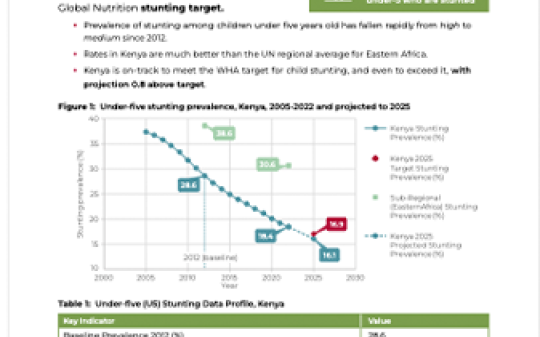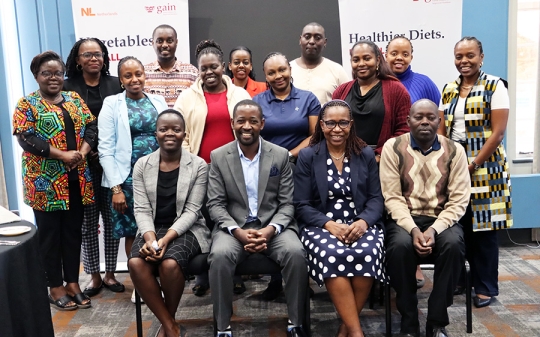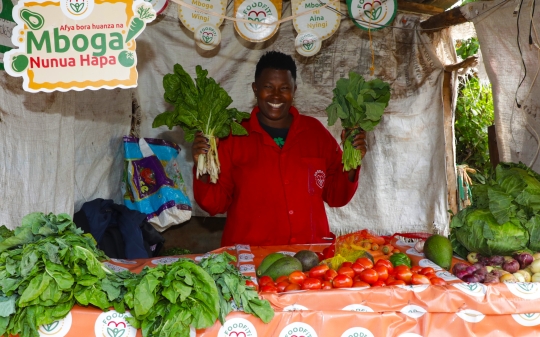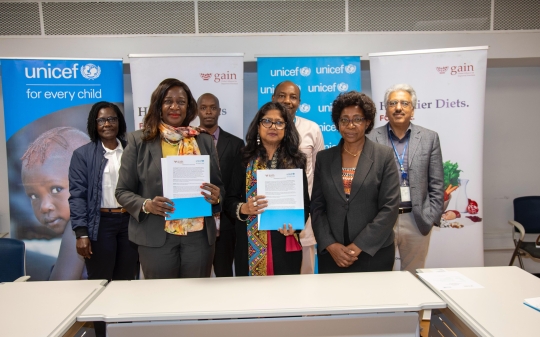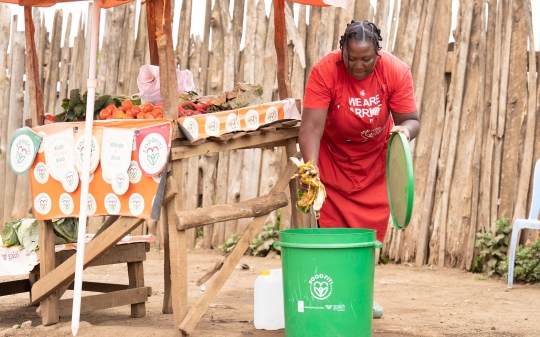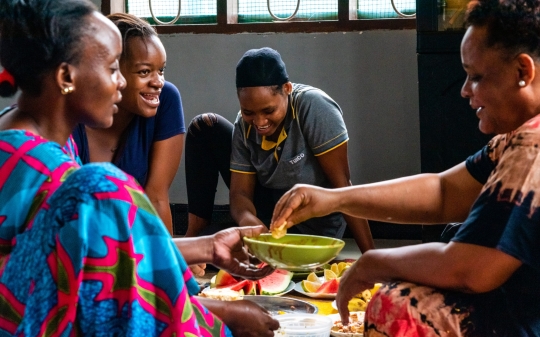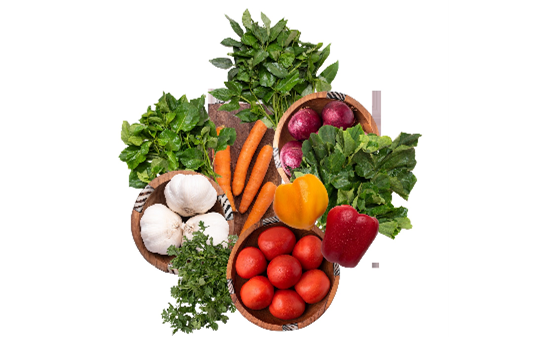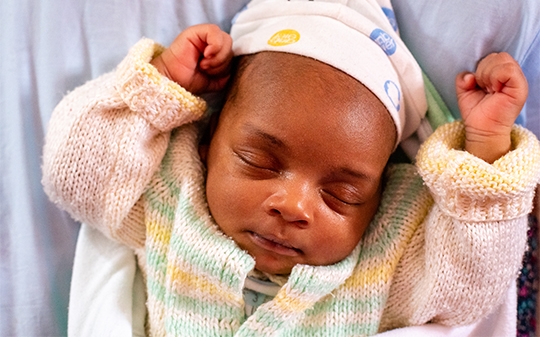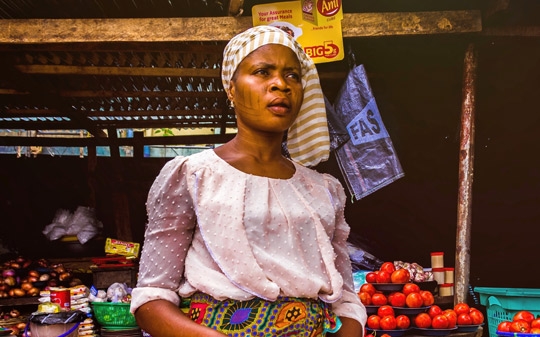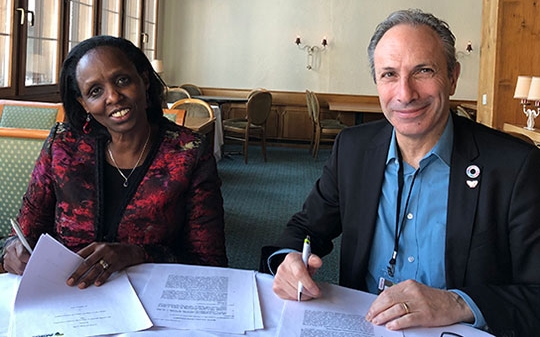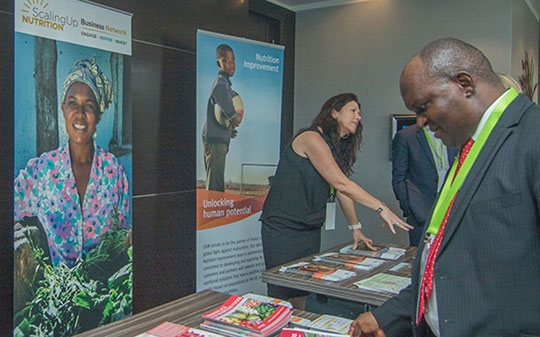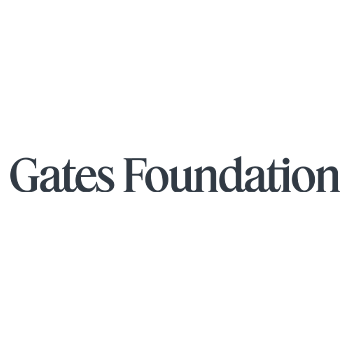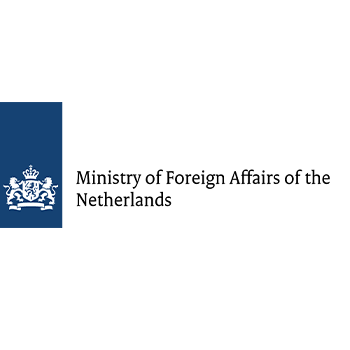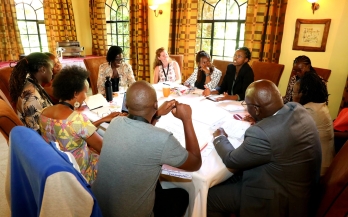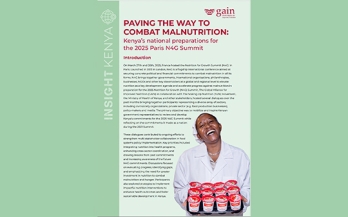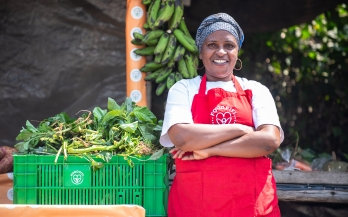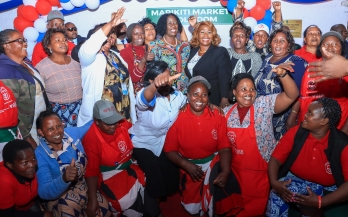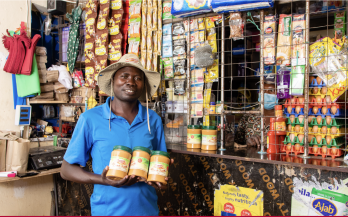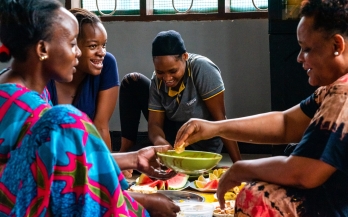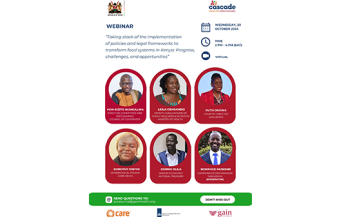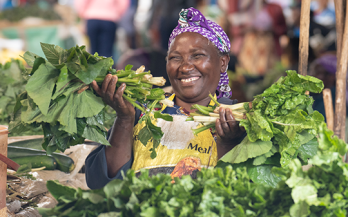- 16/05/2025
WHA Global Nutrition Target 2012-2025
Achieve a 40% reduction in the number of children under-5 who are stunted
Overweight Target 2012-2025 Ensure that there is no increase in childhood overweight
Imagine a Kenya where vibrant urban markets overflow with indigenous greens, youth in peri-urban areas lead Agri-tech startups, and rural cooperatives thrive as they steward regenerative farming methods. This future was at the heart of a recent co-creation workshop in Kenya, uniting 35 food system leaders from Ministry of Agriculture, Glocolearning, Food and Agriculture Organization (FAO), SUN CSA and GAIN to chart pathways toward food systems diversification. Diversification has been widely identified as a strategy with great potential to build better resilience, nutrition, and equity across Kenya.
- 09/04/2025
On March 27th and 28th, 2025, France hosted the Nutrition for Growth Summit (N4G) in Paris. Launched in 2013 in London, N4G is a flagship international conference aimed at securing concrete political and financial commitments to combat malnutrition in all its forms. N4G brings together governments, international organisations, philanthropies, businesses, NGOs and other key stakeholders at a global and regional level to elevate nutrition as a key development agenda and accelerate progress against malnutrition.In preparation for the 2025 Nutrition for Growth (N4G) Summit, The Global Alliance for Improved Nutrition (GAIN) in collaboration with The Scaling Up Nutrition (SUN) Movement, the Ministry of Health of Kenya, and other stakeholders, hosted several dialogues over the past months bringing together participants representing a diverse array of sectors, including civil society organizations, private sector (e.g. food production businesses), policy-makers and media. The primary objective was to mobilize and inspire Kenyan government representatives to review and develop Kenya's commitments for the 2025 N4G Summit while reflecting on the commitments it made as a nation during the 2021 Summit.
As the world marks International Women’s Day 2025, we celebrate the resilience, ingenuity, and contribution of women in driving economic growth and improving household nutrition. In Kenya, one of the most visible yet often overlooked players in this space is the mama mboga (the last-mile vegetable vendor) who ensures families have access to fresh and affordable produce daily.
On 15th January 2025, the bustling town of Machakos in the lower eastern part of Kenya witnessed a transformative milestone in food systems in Kenya; the commissioning of the Marikiti Market Cool Room. This state-of-the-art facility was officially handed over by the Global Alliance for Improved Nutrition (GAIN) to the County Government of Machakos in an event graced by H.E. Governor Wavinya Ndeti and GAIN Kenya Country Director, Ms. Ruth Okowa.
- 06/01/2025
NUTRITION IMPACT AT SCALE (NIS) Through the Nutrition Impact at Scale project, GAIN seeks to scale the impact of its work to increase access to safe and nutritious foods, especially for low-income consumers. By working with other organisations (Enterprise Support Organisations) that are willing and have the requisite capacity to attach a 'nutrition lens' to their work with small and medium enterprises (SMEs), Nutrition Impact at Scale (NIS) will enable a large-scale and accelerated nutrition impact for the larger African population. Funded by the Ministry of Foreign Affairs of the Netherlands, NIS uses a market systems development approach to improve food systems, increase inclusivity, and, ultimately, nutrition outcomes. The project leverages on the extensive experience GAIN have developed over the years of providing quality technical assistance, networking experience, knowledge sharing, building capacity of partners, and the provision of various tools and resources to MSMEs, to attach a 'nutrition lens' to the work of ESOs in Nigeria, Benin, Uganda, Ethiopia, Mozambique, and Kenya.
Kenya is grappling with a triple burden of malnutrition where undernutrition, micronutrient deficiencies, and overnutrition and associated diet-related non-communicable diseases coexist. An estimated 23 million Kenyans are undernourished. The Kenya Demographic Health Survey (2022) revealed that 18% of children under age 5 are stunted, 5% are wasted, and 10% are underweight. The survey found rates of obesity that were equally alarming—17% of women and 4% of men. These figures are far above global health targets, indicating that we still have a long way to go.
- 28/10/2024
GAIN saw an opportunity to establish a workforce nutrition programme designed and implemented for both tea farmers and employed labourers of tea farms in four tea factories in Kericho County, Kenya. The programme was implemented between January 2020 and December 2022 in collaboration with the Ethical Tea Partnership, and aimed to reached 26,000 workers.
